A recent study found that choosing organic foods can positively impact the environment. Among other benefits, this approach reduces pollution, saves water and energy, and decreases soil erosion.
It also avoids toxins from pesticides from polluting waterways and air. It also supports the health of nearby birds and animals.
Pesticides
Eating organic foods is not only healthier for you, but also for the environment. Organic farming practices may reduce pollution, conserve water, increase soil fertility and use less energy.
Pesticides are harmful to the environment and can damage the soil, water and air. They can also make it hard for crops to grow.
Many of the pesticides used in agriculture are endocrine disruptors that can cause health problems in people and animals. They can also affect the way plants and insects grow, causing harm to biodiversity.
Most of the pesticides used in agriculture break down into simpler, less toxic chemicals when they are exposed to sunlight and water. They can also be broken down by fungi, bacteria and other microorganisms in the soil. These processes can take months or years.
Water
Water is the lifeblood of our planet, but it's also one of the most vulnerable resources on Earth. Its quality, availability and sustainability depend on a wide range of factors, including climate change, extreme weather events, human population growth, and pollution.
Water impacts everything from agriculture, to sanitation, energy, health and ecosystems. It plays a crucial role in sustainable development, ecosystem protection, and limiting the impact of climate change.
It is also a major source of pollution, which can lead to water-borne diseases such as diarrhoea, cholera, dysentery and typhoid.
There are a number of ways to reduce your environmental footprint, but one of the best is to choose organic foods. Choosing organic food reduces the amount of pesticides that are used on your food and helps to protect the environment.
Soil
The impact of eating organic foods on the environment is a big one. It promotes healthier and more sustainable methods of growing food, avoiding the use of synthetic pesticides and herbicides, reducing the number of animals used in agriculture, and providing meat that is free from hormones and antibiotics.
The nutrient cycle of soil also plays an important role in supporting sustainability. A soil that is healthy can withstand a wider range of climatic conditions, provide water and minerals to plants, reduce flooding, and absorb carbon dioxide naturally to slow climate change.
Soil is a vital stock cupboard for carbon, locking it underground in a process called sequestration. Replenishing and protecting these carbon stores could help offset up to 5.5bn tonnes of greenhouse gas emissions every year.
Energy
Every time something gets warm, cools down, moves, makes a sound or changes in any way, it uses energy. Science classifies energy into two categories – kinetic (moving) and potential (stored).
We use energy when we walk or bike, drive cars, cook food, make ice in freezers, light our homes and offices, and send astronauts into space. It can also come from the kinetic energy of water flowing in rivers or the stored chemical energy in our food.
Organic farming reduces greenhouse gas emissions by severely restricting the use of manufactured chemical fertilisers, which are often imported from abroad and come from burning fossil fuels. Instead, farmers rely on natural fertilisers like green manures, animal manures and 'cover crops' to fix nutrients, as well as crop rotations.
While research is needed on how sustainable organic farming practices impact climate change, it is likely that organic farms are more environmentally friendly overall. As long as organic farms are smaller and closer to where they sell their products, they may be less susceptible to pollution, water conservation, soil erosion and nutrient runoff.
Frequently Asked Questions
What are the advantages of organic farming?
Organic farming provides farmers with a way of producing food without using chemicals. Farmers do not need to worry about harmful pesticides harming their crops or animals.
Organic farming also permits for the use of natural fertilizers. These fertilizers help to grow healthy plants and help to reduce the amount of chemical waste produced.
Organic farming can also be environmentally friendly. Farmers often use composting techniques to recycle nutrients back into the soil. This reduces pollution and conserves valuable resources.
Organic farming can increase crop yields and help the environment. This is because organic farming requires less water to grow the crops.
Organic production also means that farmers get higher prices for their products. Healthier foods are demanded by consumers who are more aware of the dangers posed by pesticides and chemical fertilisers.
This has increased the demand for organic foods. Organic farming is becoming more popular because of this.
How do you determine if food has been grown organically?
If you ask any chef, he'll tell you there's nothing more important than fresh ingredients. We feel better when our food is good.
The same goes for our food. Organics can be traced back to their source and whereabouts. We also know it was not treated using harmful chemicals.
Organic foods are made without the use of synthetic pesticides and fertilizers, hormones, steroids, antibiotics, or genetically altered organisms (GMO). These substances are not allowed for organic farmers.
Growing organic crops is an art. There are many methods to safely grow them.
Organic farming is often called sustainable agriculture. This means that while it uses fewer resources than conventional methods, it provides the necessary nutrients to sustain life.
Organic farming practices include crop rotation, composting manure, cover cropping, and intercropping. These techniques help prevent soil erosion and improve water quality.
They reduce the amount of chemical runoff that can enter waterways. Many of us live in urban areas so we have access to local farms that produce organic produce.
Two types of organic product certification programs exist. One is certified through the USDA National Organic Program and the other by independent certifying agents. Both require strict adherence to organic standards.
USDA seals and O Seals are symbols that indicate organic certification.
What is inorganic foods?
Organic food is grown without pesticides and artificial fertilizers. These chemicals could cause health problems for those who eat inorganic food.
Organic food is grown naturally without harmful substances such as chemical fertilizers, pesticides, herbicides, or fungicides. These chemicals may cause damage to animals as well as humans.
Inorganic food includes meat, fish, eggs, milk, cheese, butter, yogurt, honey, grains, vegetables, fruits, spices, and herbs.
Organic refers to how an agricultural product was grown. Organic farming is based on natural methods, soil amendments, and crop growth. Conventional farming uses pesticides, fertilizers, and chemicals.
U.S. Department of Agriculture guidelines must be followed when organic food is labeled. All organic food must comply with the National Organic Program Standards. This means that it must not contain prohibited materials like antibiotics, growth hormones or genetically modified organisms (GMOs), as well as industrial solvents. Organic food must not contain toxic chemicals, petroleum-based fertilizers or sewage sludges.
Statistics
- To provide the highest quality products and services to every customer, with a dedicated workforce that puts the customer first and takes the extra step to achieve 100% customer satisfaction and loyalty. (hollinsorganic.com)
- According to a study performed by consumerreports.org, organic products, compared to non-organic products, ranged anywhere from 13 percent cheaper to 303 percent more expensive. (en.wikipedia.org)
- Popular clothing brands, like Patagonia, are labelled as organic by using 100 percent organic cotton for many of their styles. (en.wikipedia.org)
- Cosmetic brands such as Laurel and Rose Mira are 100 percent organic and have a wide array of skincare products. (en.wikipedia.org)
External Links
ams.usda.gov
ncbi.nlm.nih.gov
- PubMed: Assessment of the micronutrients found in plant foods that are produced using organic and conventional agricultural techniques - PubMed
- Comparison of the total amount of phenolic and/or ascorbic acids in freeze-dried and dried marionberry, strawberry, or corn grown using conventional and organic agricultural practices - PubMed
ewg.org
ota.com
How To
How to save money on organic meat
This post will share some tips and tricks to help you buy organic meat without breaking the bank.
I will give you tips on where to find cheap organic meats and how much they cost per pound. This will teach you how to get the most out of your purchase.
You don't need to spend a lot of money to eat healthily. Sometimes creativity is required to make money while still eating healthy. Here's my list of ways to keep your food costs down while enjoying organic meat's benefits.
- Wholesale clubs - Sams Club and Costco are great places for bulk food like chicken breasts or pork chops. If you are fortunate enough to live near one, you may be able get discounts up to 50 lbs on large quantities. This way you won't end up with any leftover meat. Also, if you buy in bulk, it can be frozen so it lasts for longer.
- Shop around online - Tons of websites sell meat at discounted prices. Amazon has Prime Pantry, a weekly sale that offers free shipping for orders over $35. They offer discounts on beef roasts, ground beef, lamb steaks, and pork loins. It is easy to browse their website and check out what is on offer at different times.
- Local farmers will usually be cheaper than big-box retailers since they don't pay large fees to stock their shelves. Local farmers also know exactly what their animals have eaten and drank so they can determine what's in their bodies.
- You should look for the leanest cuts of meat. Lean meat is typically cheaper to cook than fatty. You should always look for the best cuts. These include sirloin, tenderloin, top round, flank, and top-round steaks. These cuts are very low-fat and high in proteins.
- Try new recipes - Don't be afraid to try new things! You can cut down on your grocery costs by starting to cook with ingredients you don't have before. It's possible to create delicious meals with fresh tomatoes, onions and garlic using olive oil, spices, and garlic.
- Be creative with leftovers - If you have leftover cooked meat or poultry, use them for sandwiches, salads, soups, casseroles, etc. It's easy to make quick lunches and dinners with leftover meat.
There you have it! Here are some tips on how you can afford organic meat despite being on a strict budget. What other tips do you have? What other tips do you have for me?
Resources:
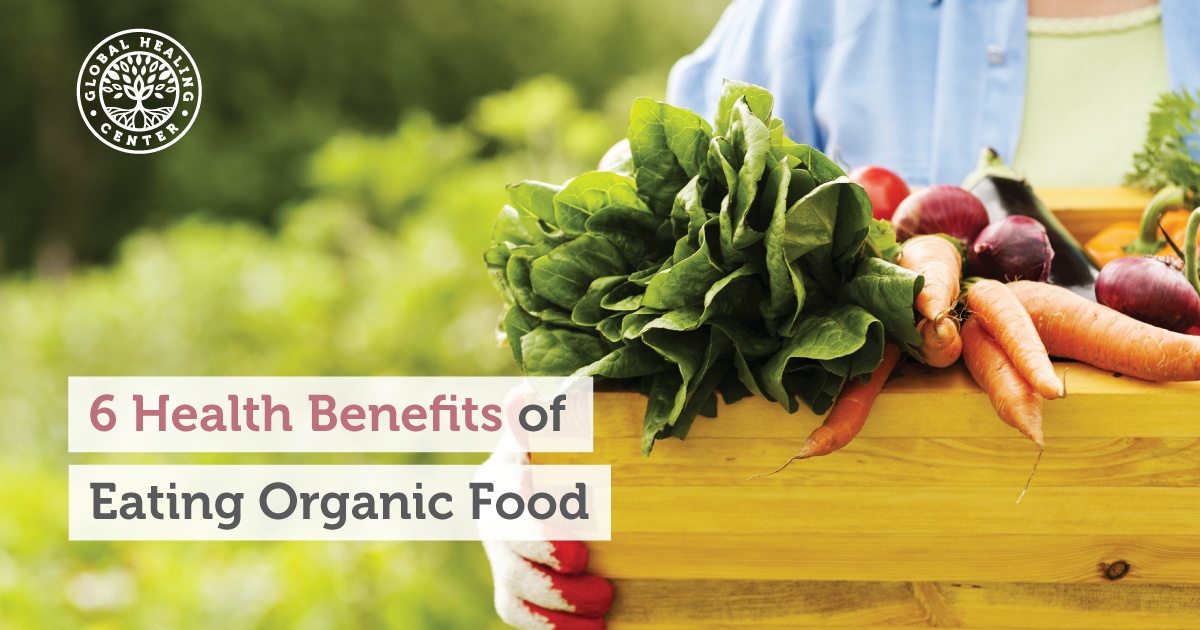 |
Nuts and SeedsNuts and seeds are nutrient-rich crunchy tidbits that add a protein, fiber and healthy fat punch to meals and snacks. They’re also a great source of.. |
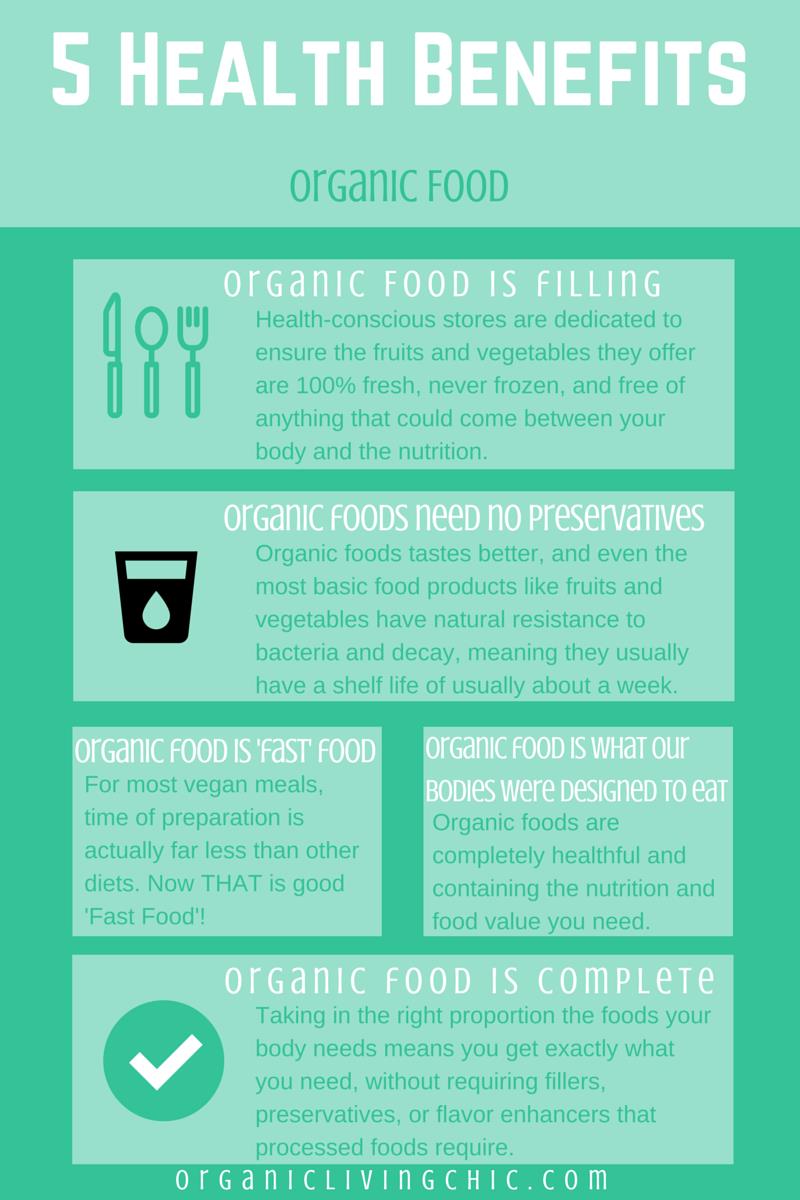 |
Organic Food For A Six Pack? The TRUTH About Organic vs Conventional Foods!Get ripped and keep your strength: http://goo.gl/uLzHn6 Hey guys, it's Clark over at Six Pack Shortcuts and today we're gonna talk about organic vs |
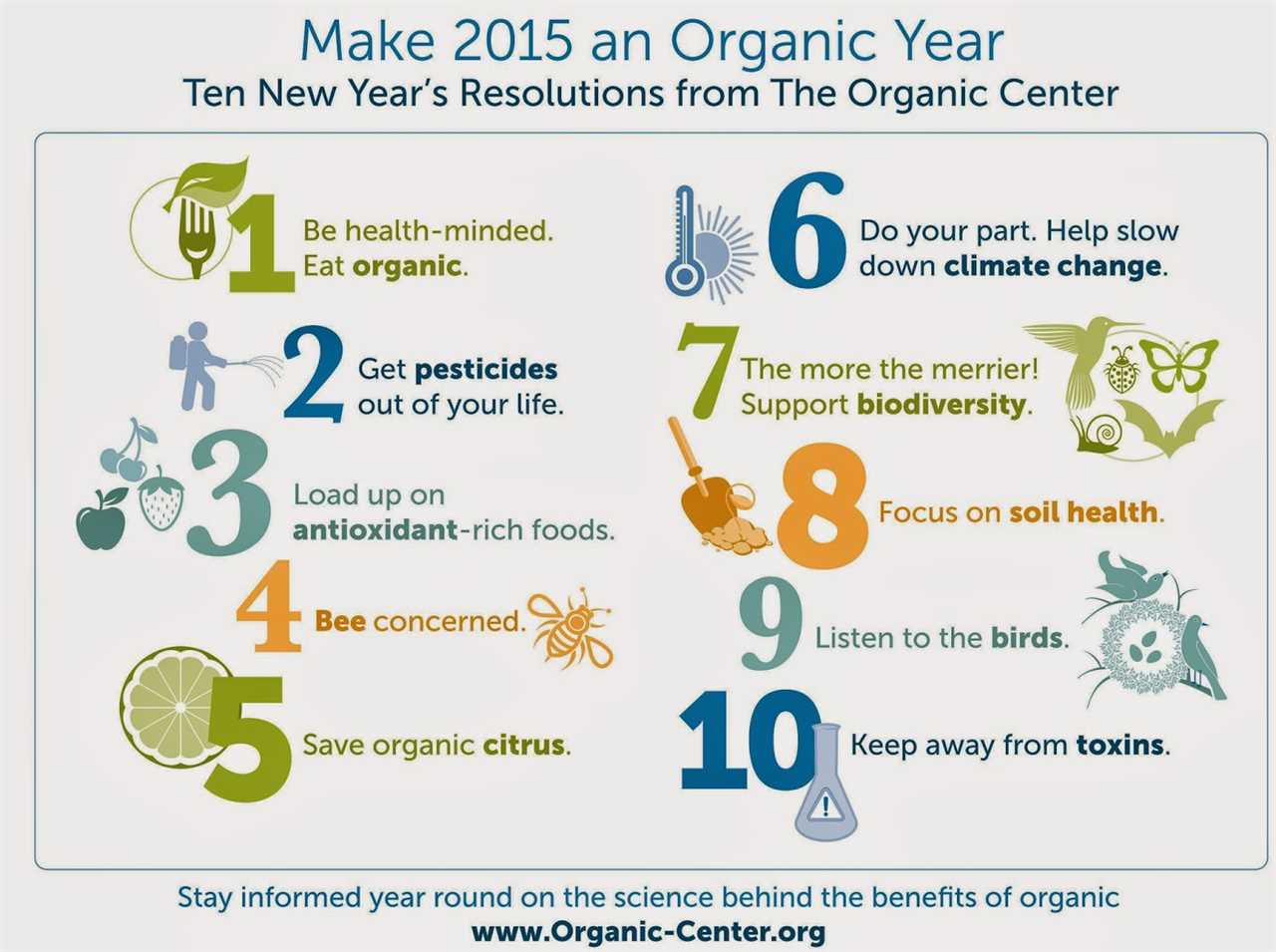 |
Organic vs Conventional Produce - The Dirty Dozen & Clean 15 ExplainedClick https://skl.sh/flavcitywithbobbyparrish to get 2 months of Skillshare for FREE! Here is a full review of the dirty dozen fruits and vegetables and |
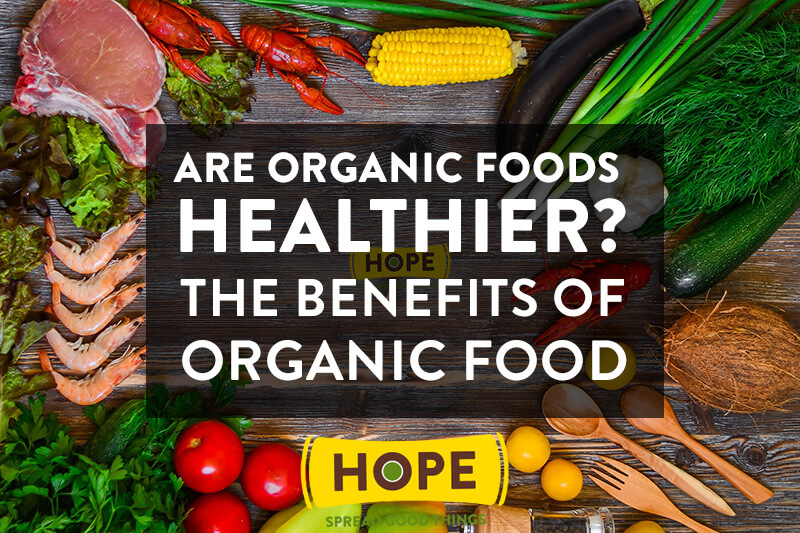 |
Are Organic Foods Really Healthier?It's widely believed that organic foods are more nutritious and safer than non-organic foods, even though the evidence is far from clear. Food certified as |
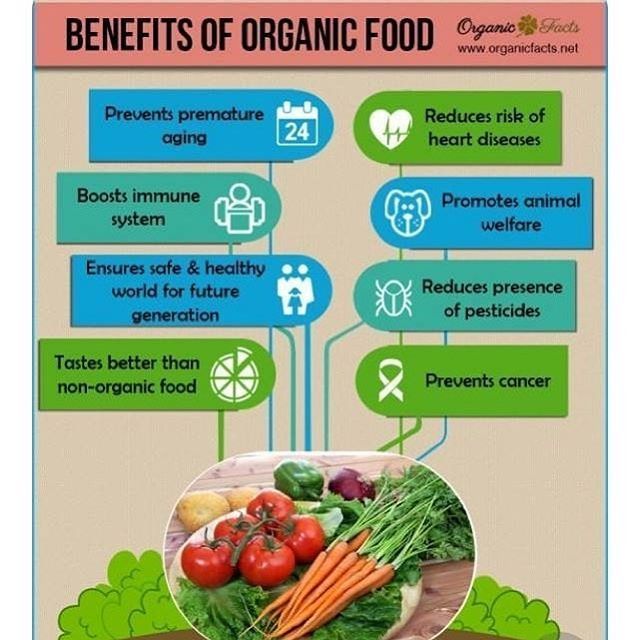 |
Are GMOs Good or Bad? Genetic Engineering & Our FoodAre GMOs bad for your health? Or is this fear unfounded? OUR CHANNELS German Channel: https://kgs.link/youtubeDE Spanish Channel: |
 |
How the food you eat affects your brain - Mia NacamulliView full lesson: http://ed.ted.com/lessons/how-the-food-you-eat-affects-your-brain-mia-nacamulli When it comes to what you bite, che […] |
 |
Is Buying Organic Food Worth The Cost?Subscribe to Goodful: https://bzfd.it/2QApoPk Goodful Goodful Feel better, be better, and do better. Subscribe to Goodful for all your healthy self care |
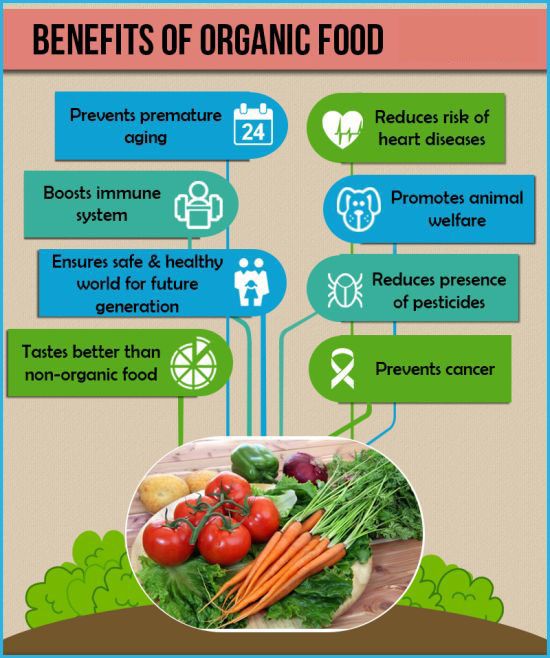 |
Benefits of Choosing Organic Gluten-Free OptionsIf you’ve been diagnosed with gluten sensitivity or celiac disease, you know how hard it can be to avoid foods containing wheat and other grains. But |
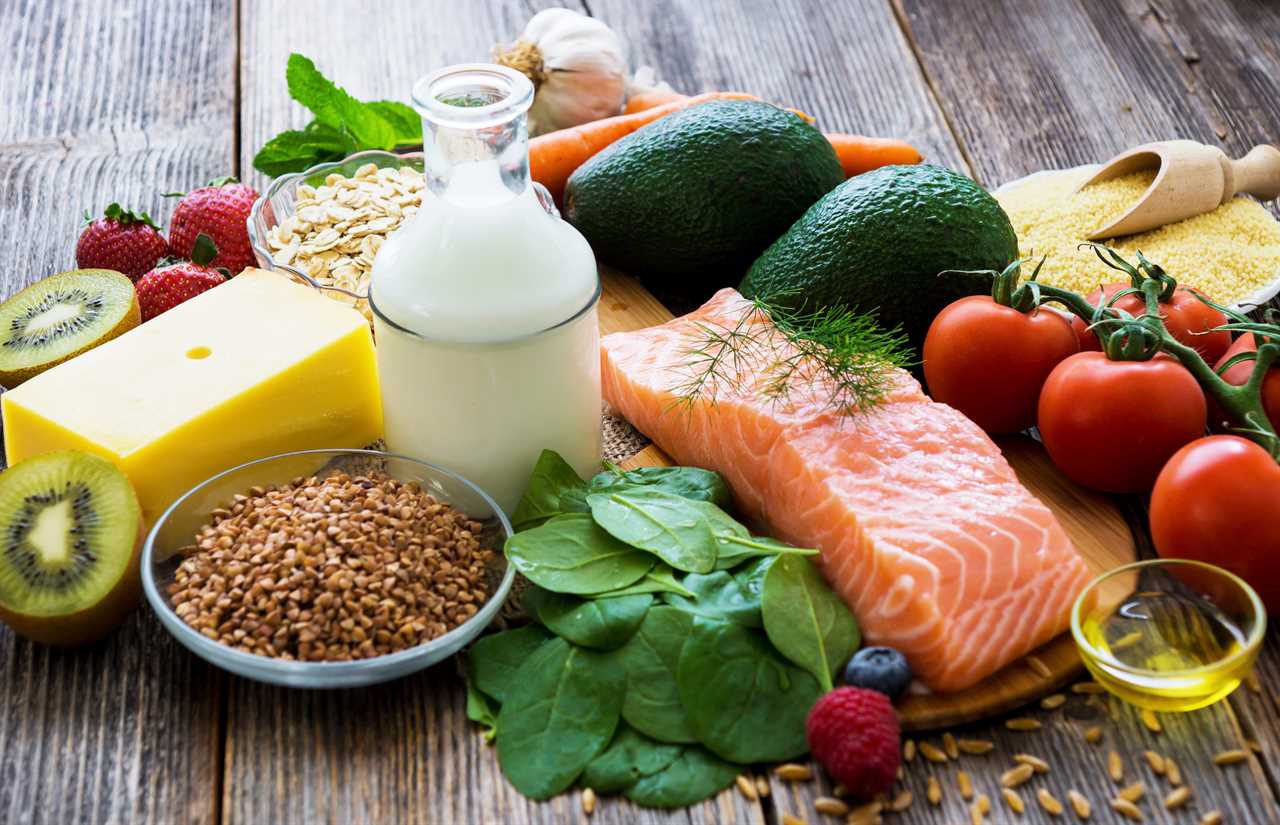 |
Joseph Wang LIVE (Bank Bailouts and Moral Hazards Deep Dive)buy my stuff Come to rebel capitalist live at https://rebelcapitalistlive.com Check out my private, online investment community (Rebel Capitalist Pro) |
 |
Organic Farming and Soil HealthOrganic farming practices promote soil health through crop rotations, symbiotic associations, cover crops and minimum tillage. These management.. |
 |
Research Reveals How Your Body Reacts When You Eat Only Organic FoodsThere is a growing belief that organic foods are healthier for us than non-organic foods. This ever-increasing belief is responsible for significant growth in |
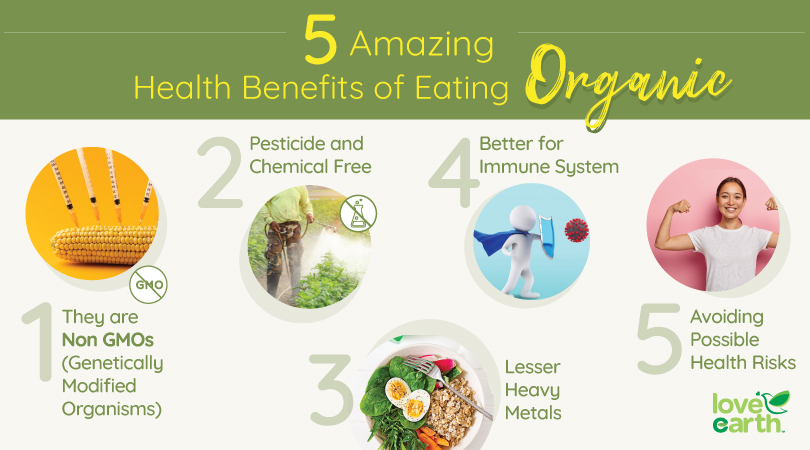 |
Stop Wasting Money on These ORGANIC Veggies (you don’t need to buy them organic)Click Here to Subscribe: http://Bit.ly/ThomasVid Get MY Recommendation on Groceries Delivered to Your Doorstep with Thrive Market: http: […] |
 |
If You Eat an Avocado a Day For a Month, Here''s What Will Happen to YouWhat Will Happen to Your Body If You Eat Avocado Every Day. The avocado is a unique fruit with multiple nutritional and health benefits. How would your body |
 |
Korean GardeningKorean gardening is one of the oldest ways to grow plants. It involves planting herbs, fruits, and vegetables that are used in kimchi, a type of.. |
 |
The Rodale InstituteThe Rodale Institute is a nonprofit organization that aims to support research into organic farming. It was founded in 1947 by J. I. Rodale, an.. |
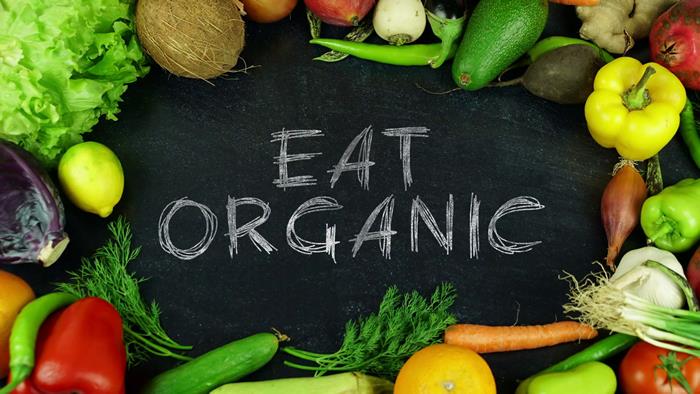 |
Organic eatingOrganic Cultur |
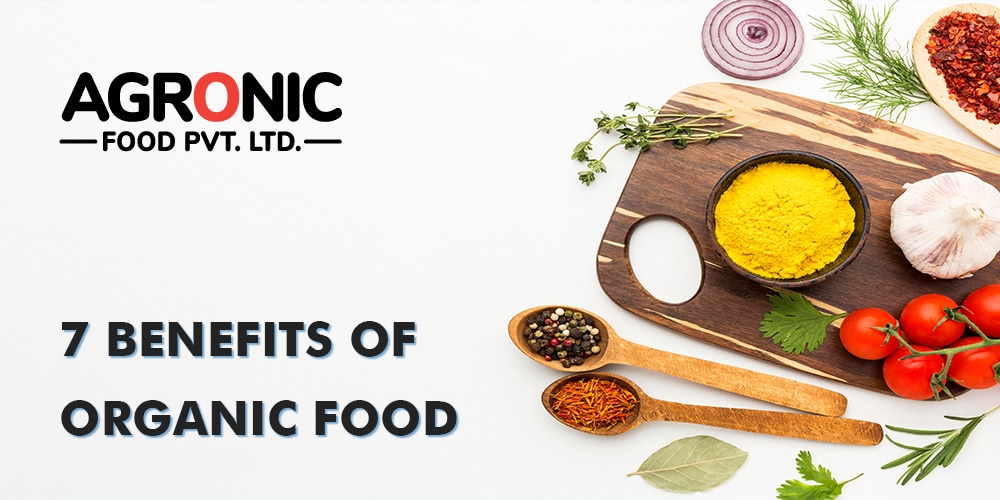 |
What is a Conventional Farm?Conventional farm is the term used to describe a farm that is not organic. It is a form of agriculture that is associated with better soil quality,.. |
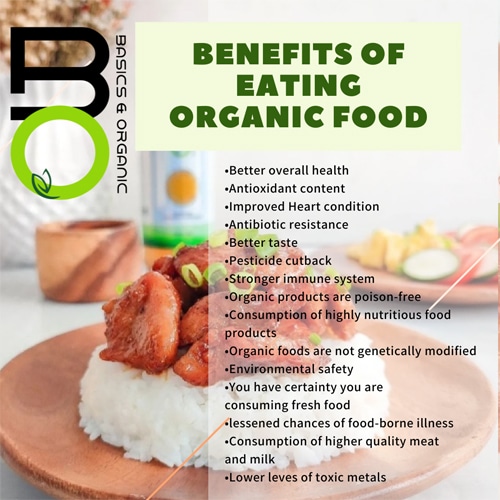 |
Chhattisgarh's Organic Farming SchoolsThe government of Chhattisgarh has started to introduce organic farming schools. This initiative is intended to provide the young generation with the |
 |
Can Organic Be GMO?The question Can organic be GMO is an ongoing debate among many consumers. While it's possible to eat foods that have been produced using genetic.. |
 |
When Did Organic Food Start?The answer to the question when did organic food start? will vary depending on the time period in which you are looking at. For instance, it may be a |
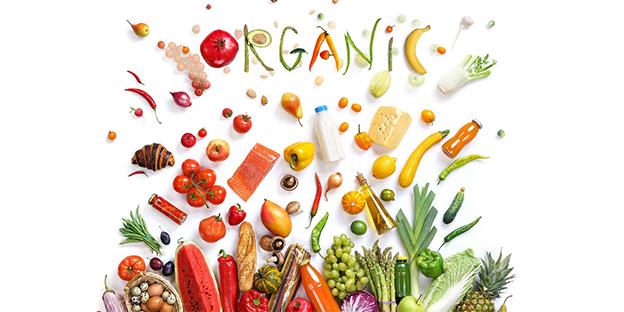 |
Organic Farming PrinciplesOrganic farming is a practice that is designed to be sustainable and healthy. Its principles include avoiding harms produced by industrial farming.. |
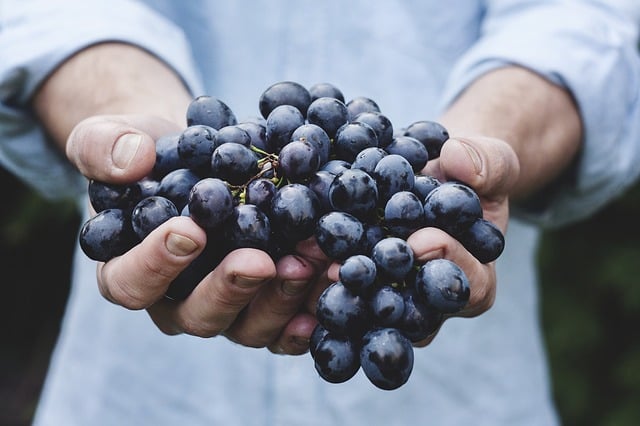 |
Soil Composition and BiodiversityThe soil that we have around us is a vital part of our lives. It is the home for many plants and animals. It also has a texture, a color, and many.. |
 |
The Benefits and Pitfalls of Organic Farming OrganizationsOrganic farming is an approach to farming that is not only ecologically sound, but also financially feasible. It is a method that is free from.. |
 |
Exotic VegetablesWhen it comes to vegetables, there are plenty of choices to choose from. Some of the most popular choices include broccoli, corn, carrots, and.. |
 |
Learn How to Become an Organic Farmer Through a Training ProgramIf you are looking to become an organic farmer, there are several ways you can do so. One option is to take a training program that will teach you.. |
 |
Benefits of Cover CropsIf you aren't familiar with cover crops, you may be surprised to learn that they are plants that are planted to grow on top of the soil to help.. |
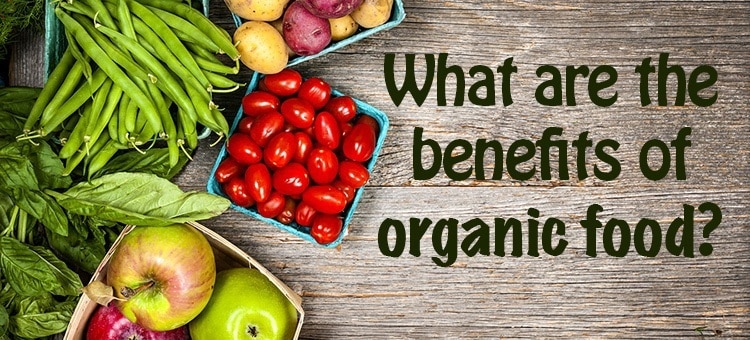 |
What is Organic Cotton?Organic cotton is the type of cotton that is grown without using pesticides or chemicals. It is also the type of cotton that is grown in subtropical.. |
 |
Is Organic Farming Beneficial to Biodiversity?Organic farming is a growing interest in the scientific community, and researchers have been investigating whether the practice is beneficial to.. |
 |
The Benefits of CompostingComposting your waste can be a very effective way of ensuring that your organic material is being broken down to the best of its ability. When.. |
 |
The Difference Between Organic Milk and Regular MilkOrganic milk is a type of milk that comes from livestock that is raised according to organic farming methods. This is a term that is regulated by.. |
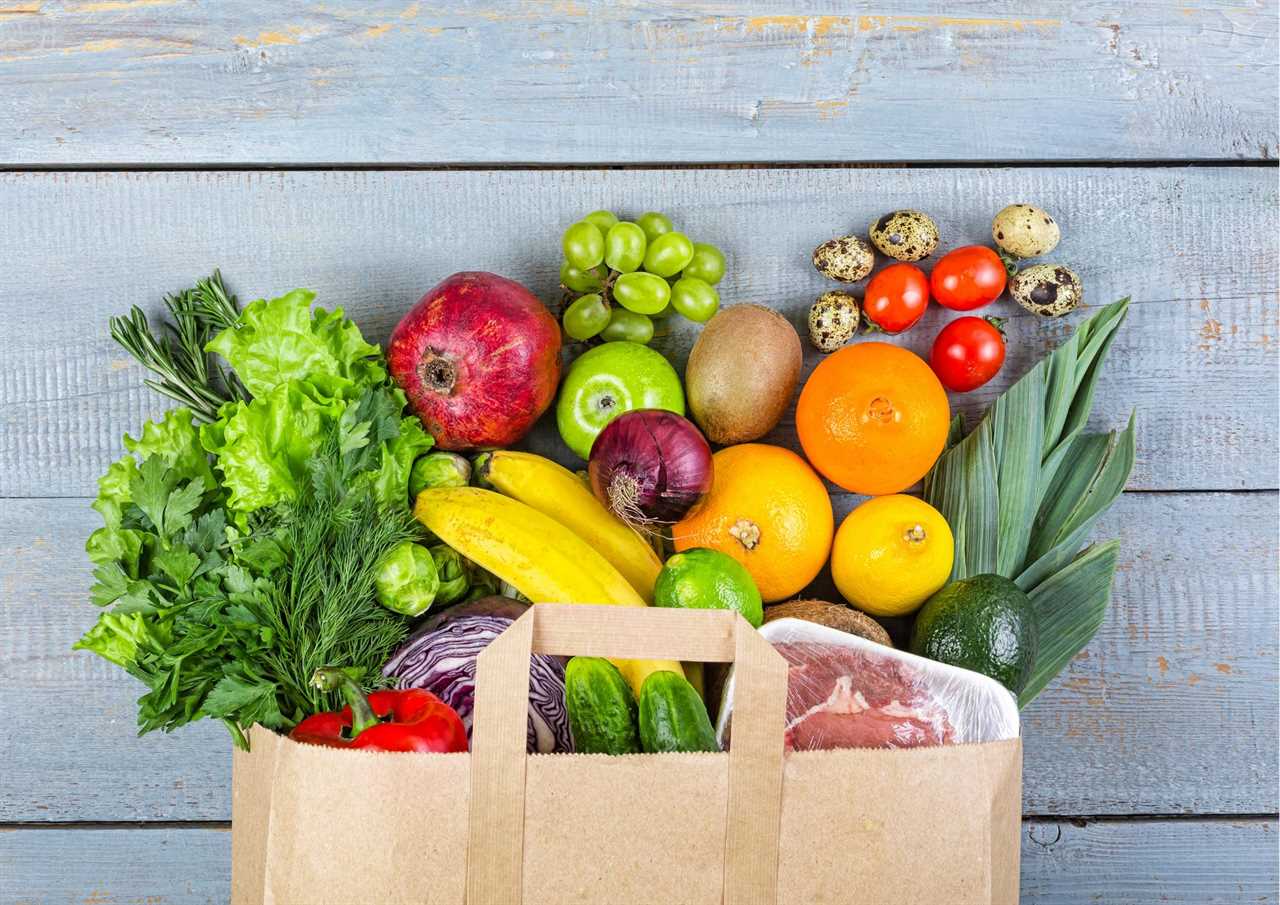 |
Organic Farming MagazineOrganic farming magazine is a resource that provides you with the latest information on organic agriculture, health, and sustainability. It also.. |
 |
The Latest Research on Organic | The Organic CenterResearched articles about eating Organic food |
.png)





